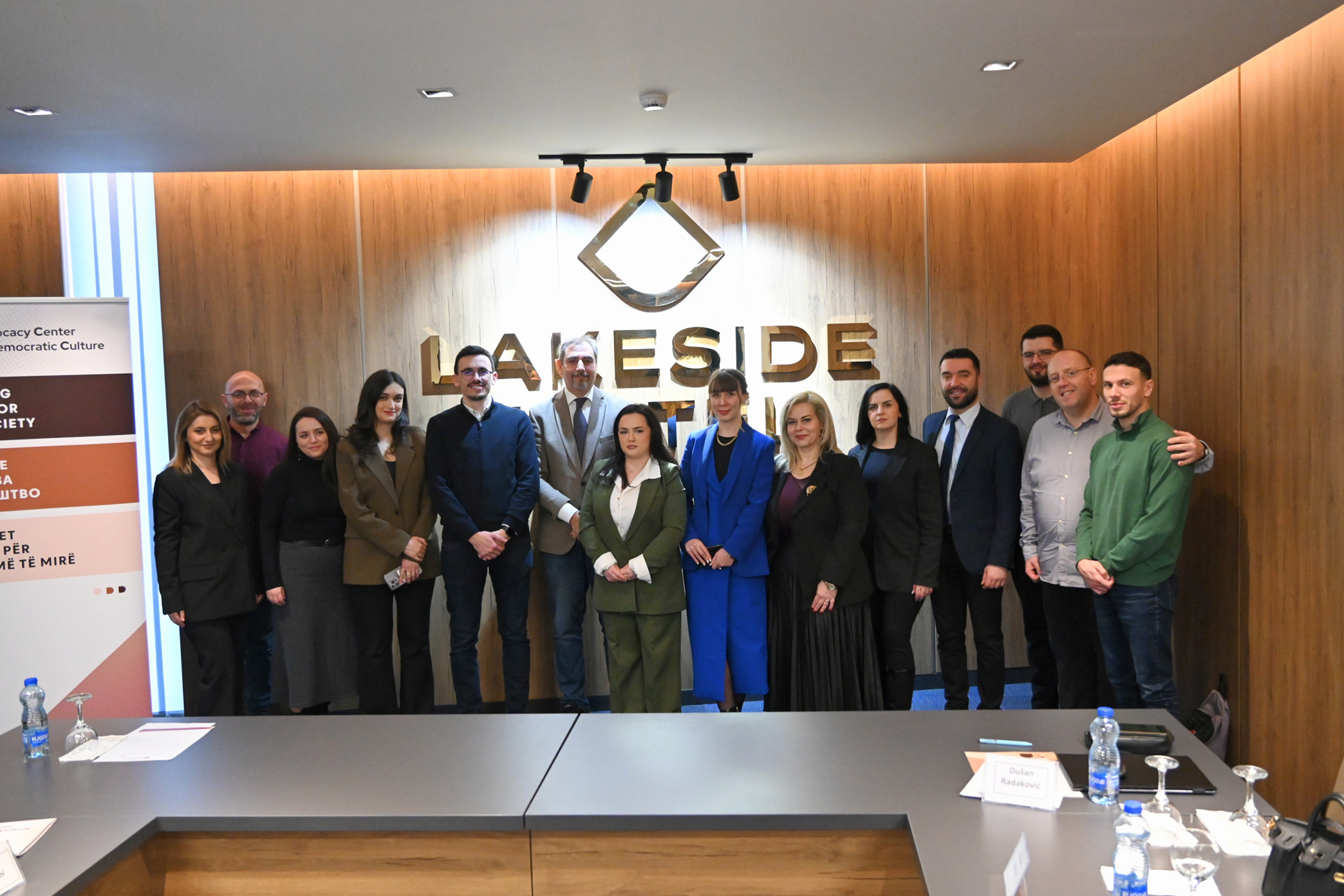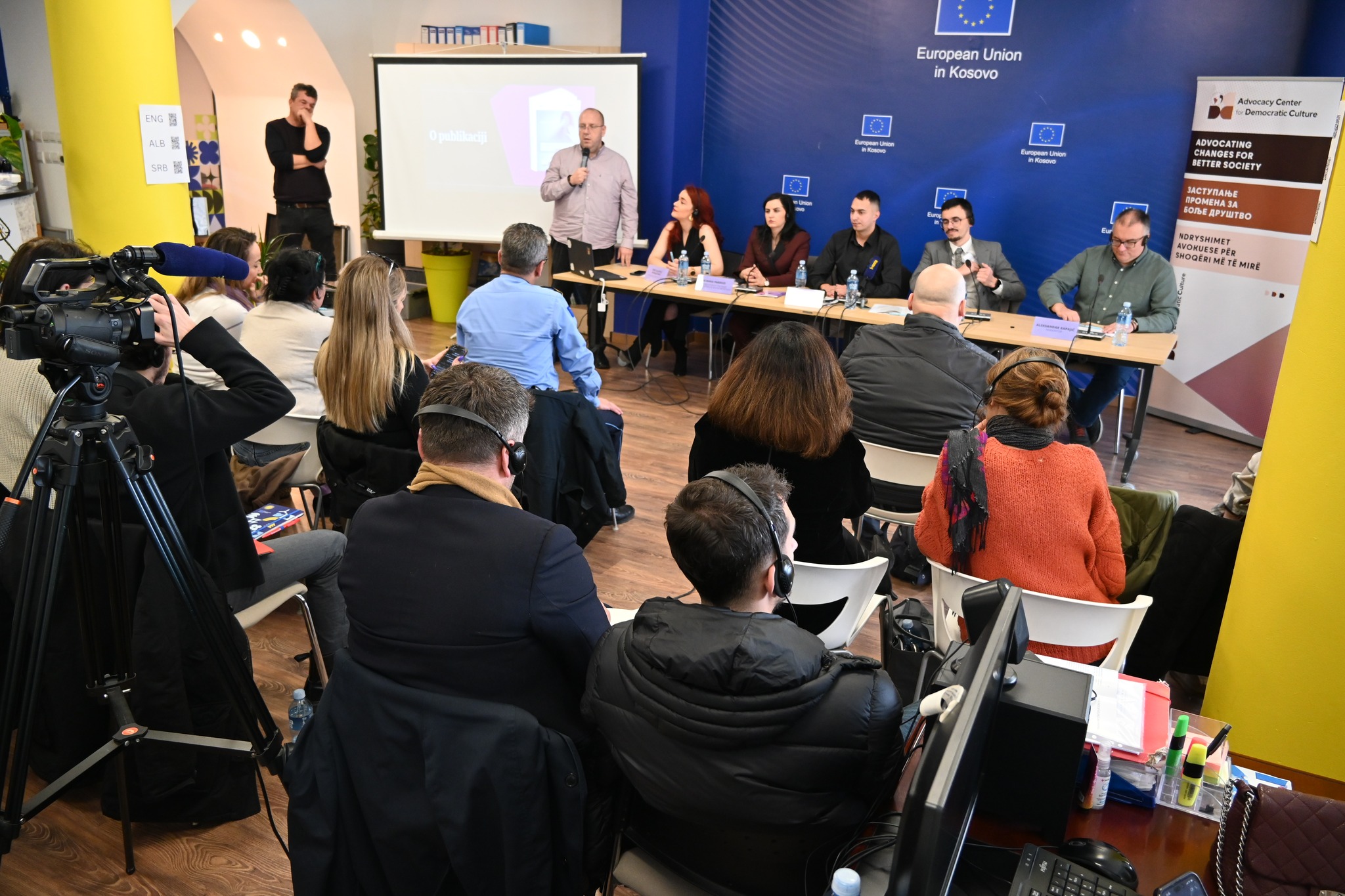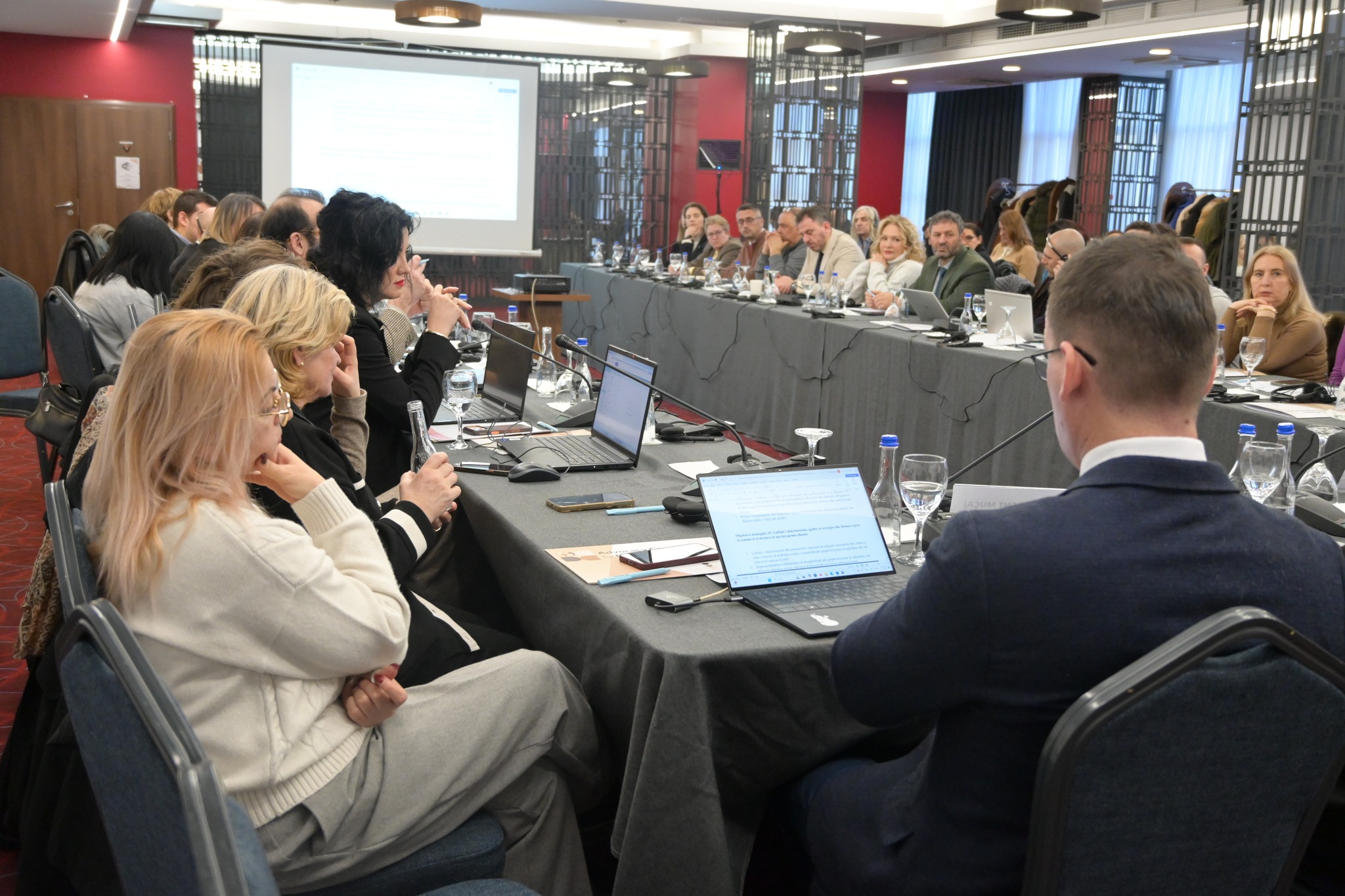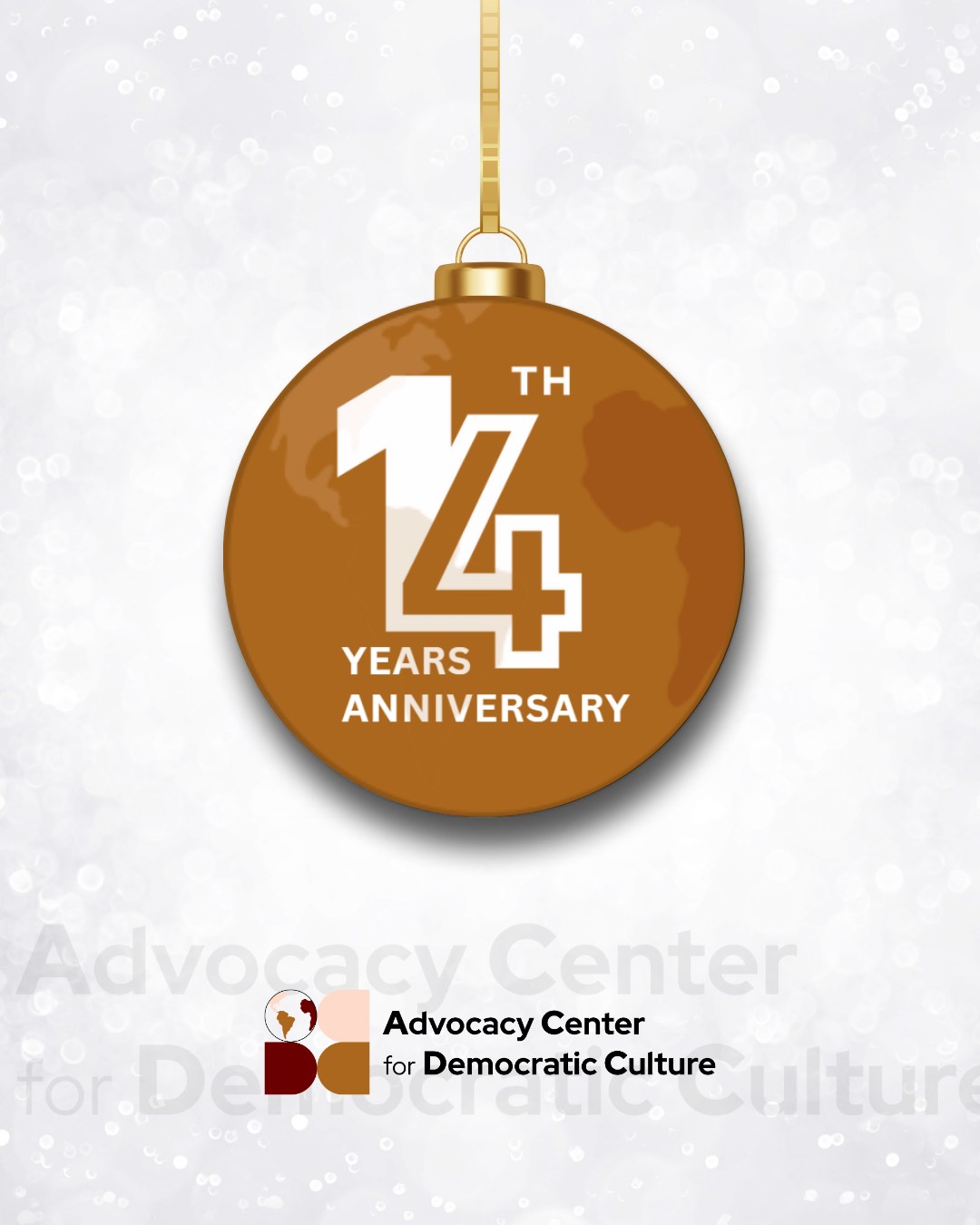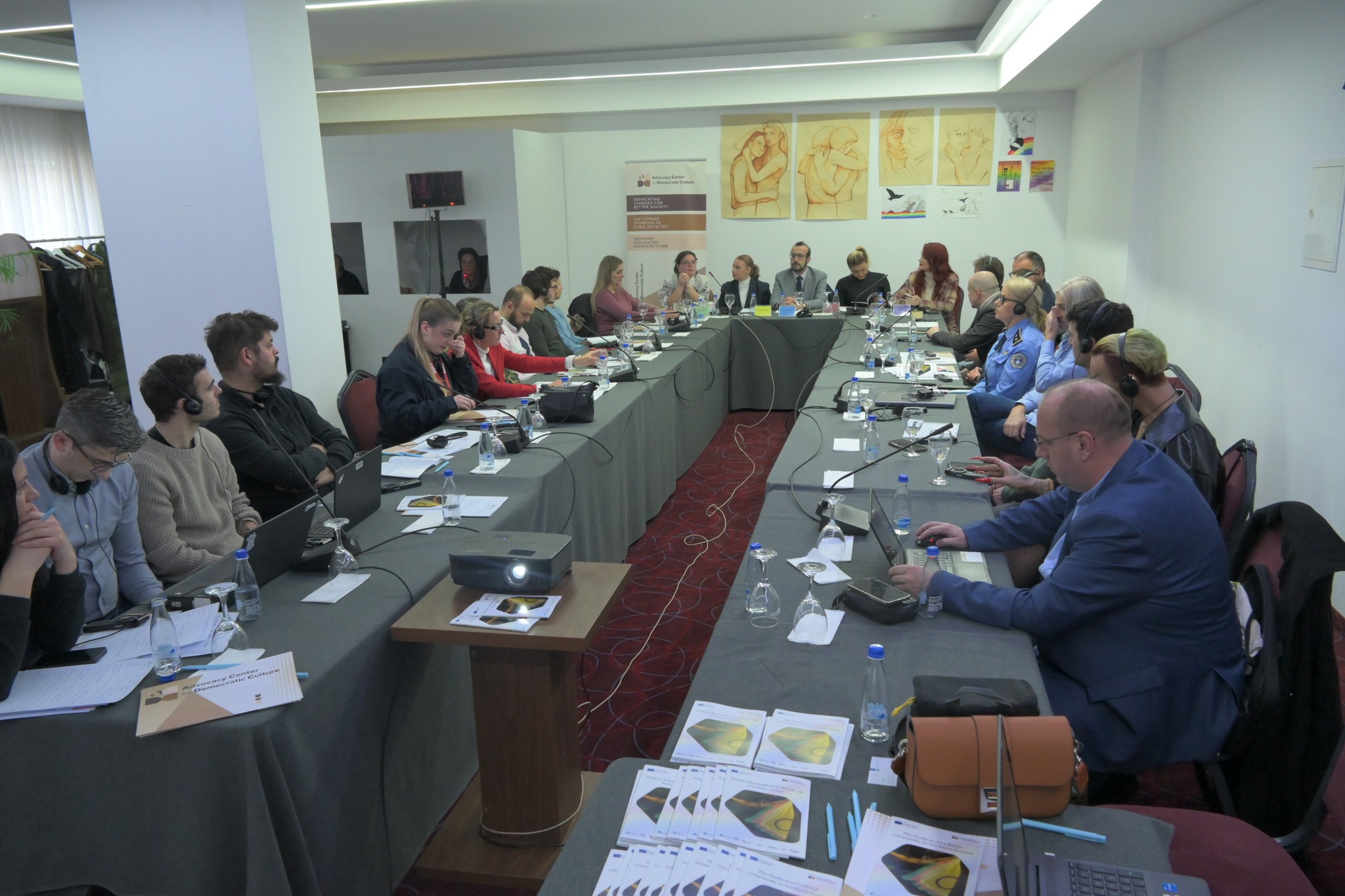09.03.2021. » 19:19
OP ED Citizens participation in decision-making processes in Kosovo - Marko Milenkovic
The legal framework for citizens participation in Kosovo's decision-making process has been evolving and adapting for years, striving for European standards. The international community and civil society have made a significant contribution to this process by providing innovative policy proposals, but also in the implementation of specific activities in the field in which the public sector and citizens were involved.

The legal framework for citizens participation in Kosovo's decision-making process has been evolving and adapting for years, striving for European standards. The international community and civil society have made a significant contribution to this process by providing innovative policy proposals, but also in the implementation of specific activities in the field in which the public sector and citizens were involved.
However, although some progress has been made at the central level, as well as in some larger municipalities, citizen participation in decision-making process in other local governments is at a very low level. It is important to point out that the situation in the four municipalities in northern Kosovo differs from those in souths of the Ibar River because as the youngest local governments they have issues with a lack of human and financial resources.
On the other hand, although the third local Kosovo’s Assembly elections will be held this year in the municipalities in the north, it seems that we as a society have failed to resolve some issues that are of great importance for the quality of life of the Serbian community. We still have public institutions that are largely dysfunctional or partially functional, and there is still an intertwining of institutions within the two systems, which is often very confusing. In addition to the fact that there are problems in the lack of resources, it seems that there are issues in their organization because it is often the case that employees in local governments are not sure what system they are working for and which institutions they are responsible for and there is a lack of modernization and training programs for public sector employees.
Regardless of the direction of the political circumstances and the solution to the Kosovo question, the Serb community in Kosovo needs institutions that provide efficient and quality services to citizens, so it is crucial that there are efficient local governments, as well as other public institutions.
However, the reasons for insufficient connection of citizens with local institutions can be found in the citizens themselves, more precisely in the lack of interest of citizens, which is mostly reflected in their negligible response to participate in existing mechanisms - municipal assembly meetings, public hearings, consultations. Those who participate are usually encouraged by representatives of civil society or an international organization.
Municipalities seem to need to establish permanent channels and tools that enable citizens to contribute to setting priorities and goals, present their views and convey information from their communities and point out the problems and challenges they face, monitor policy implementation and assess their outcomes.
For this purpose, four web platforms of the E-municipality (www.ezvecan.com, www.esevernamitrovica.com, www.eleposavic.com, www.ezubinpotok.com) were established by the New Social Initiative. These web platforms provide citizens with information on important news in four local governments in northern Kosovo, view into public documents and the organizational structure of municipalities, as well as participation through the Ask the Mayor and the 48 Hours System mechanisms.
According to the data from the Report on the work of E-municipalities[1], which was published in January this year, these web platforms were visited by more than 39,000 visitors in more than 65,000 sessions. According to the same report, citizens have used mechanisms for citizen participation 148 times - Ask the Mayor and the 48 Hours System.
Also, according to the data from the same report, which shows the results of a questionnaire conducted with citizens in northern Kosovo, about 85% of respondents are regularly or occasionally informed about the work of their local governments and most often use social networks, local media and E-sites. municipality. Almost 80% of respondents think that E-municipalities were useful in introducing them to the structure and work of local government, and citizens are most interested in news, then information on local government and public documents. More than 62% of respondents think that E-municipalities enable local governments to be more transparent and accountable to citizens, and about 97% of respondents think that E-municipalities sites are easy to use.
From the above, it can be concluded that it is possible to achieve communication between institutions and citizens and ensure the participation and contribution of citizens in decision-making processes. However, it is necessary to introduce innovative communication channels and participation mechanisms that are pleasing to citizens but also easy to use. Also, it is necessary to regularly examine and analyze the attitudes and suggestions of citizens in order to have a clearer picture of their needs.
[1] E-municipalities - Work Report, New Social Initiative, 2021
Latest news

